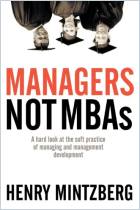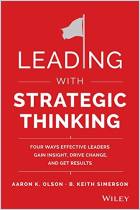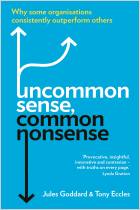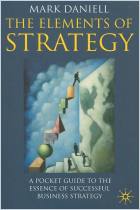
Strategy Safari
A Guided Tour Through The Wilds of Strategic Management
Reprinted by permission of Free Press, a Division of Simon & Schuster, Inc., N.Y.
ISBN: 9780743270571
Pages: 416
Recommendation
You could read 100 books on corporate strategy and not find any of them as informative or as pleasant as this one. While no one would read a discussion of the core precepts of different corporate strategy schemes for entertainment, this book’s three authors come reasonably close to providing just that. Using a sprinkling of witty quotes and cartoons to spice up their text, Henry Mintzberg, Bruce Ahlstrand and Joseph Lampel explain 10 strategy theories without ever making you feel like you’re eating sand. They offer a chapter on each “school” of strategic management, an introduction and a final chapter that affirms that no strategic model can replace your connection to the realities of your business. getAbstract finds that while the discussions are not deep enough to allow you to implement any of the strategic models, they will give you a feel for what may make sense in your situation. General readers with an interest in strategy will also find this text accessible and educational.
Summary
About the Authors
Henry Mintzberg teaches management at McGill University and is the author of several books and dozens of articles on management. Bruce Ahlstrand teaches at Trent University. Joseph Lampel teaches at Cass Business School, City University, London.



















Comment on this summary